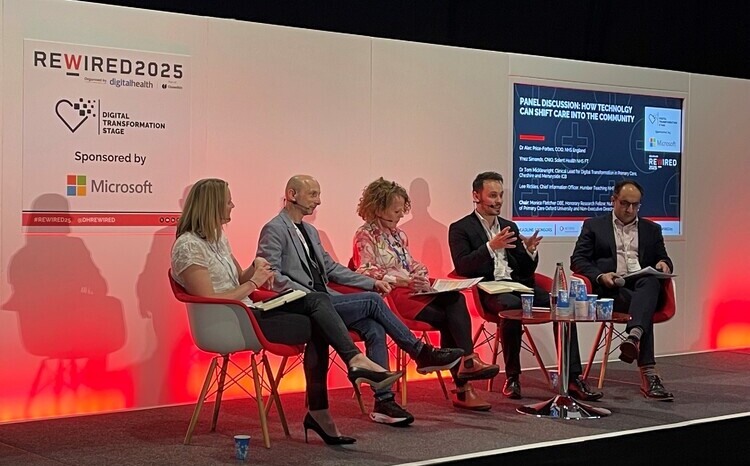Wachter: NHS needs ‘new central investment’ to achieve digital maturity
- 3 November 2023

Professor Bob Wachter has said that the NHS requires ‘a new central investment’ to achieve digital maturity and realise the potential of emerging technologies.
Speaking to HSJ on Tuesday following an event organised by The Health Foundation, he said that funding was the “biggest obstacle” to digital transformation in the NHS, and that “we could do amazing things… with another investment”.
Professor Wachter was commissioned by the then health and social secretary Jeremy Hunt to lead a review of the digital future of the NHS and authored the 2016 report ‘Making IT Work’, which called on all NHS trusts to achieve the “realistic target” of a good level of digital maturity by 2023.
He told HSJ this week that there had been “reasonably good” progress but was “not quite what I would have hoped for” seven years on from his report, acknowledging that factors such as the pandemic and the subsequent economic situation slowed progress.
He added that he was “a little bit worried” at the state of digital maturity in some areas, HSJ reported, including interoperability and reliability of key systems such as electronic patient records (EPRs).
NHS England’s target for all trusts to have an EPR by March 2025 was declared “unachievable” in the annual report from the government’s Infrastructure and Projects Authority (IPA) back in July.
Wachter’s 2016 report included a recommendation that trusts should be subjected to regulatory and financial penalties for failing to meet digital maturity targets. He told HSJ this week, however, that he no longer thought it would be effective.
He said: “Looking at this from an outsider’s point of view, [the NHS] does not feel like a system that’s going to be well motivated by saying to people, whether it’s frontline providers or leaders, ‘we’re going to slap you harder if you don’t do this thing’. I think they’re already feeling like they’re in this incredible bind, where what’s being asked of them they cannot achieve with existing resources.
“It’s going to require an investment. It required an investment to get us to a certain stage with electronic health records. But [we need to] recognise that that was a foundational investment that was very important, but it mainly achieves the goal [that] the data are now digital. We could do amazing things with it with another investment,” HSJ heard.
He added that the risk of no further investment from government was that “the status quo is pretty terrible and only gets worse” and that, “if the system is not working now with existing resources, [there’s] no way it’s going to work in the future”.






1 Comments
Sometimes it needs an outsider to make central government listen to what are statements of the obvious.
This lame duck government can promise the public the moon on a stick, knowing it won’t be around to pay for or implement their promises.
My only pleas to whoever is in government when this finally gains traction are to:-
1) ensure digitally left behind NHS organisations aren’t frozen out as they were in the GDE programme and
2) to make grants of non-recurrent revenue and not “capital” whose repayment pressures will be unaffordable to organisations on the edge of a financial precipice!
Comments are closed.